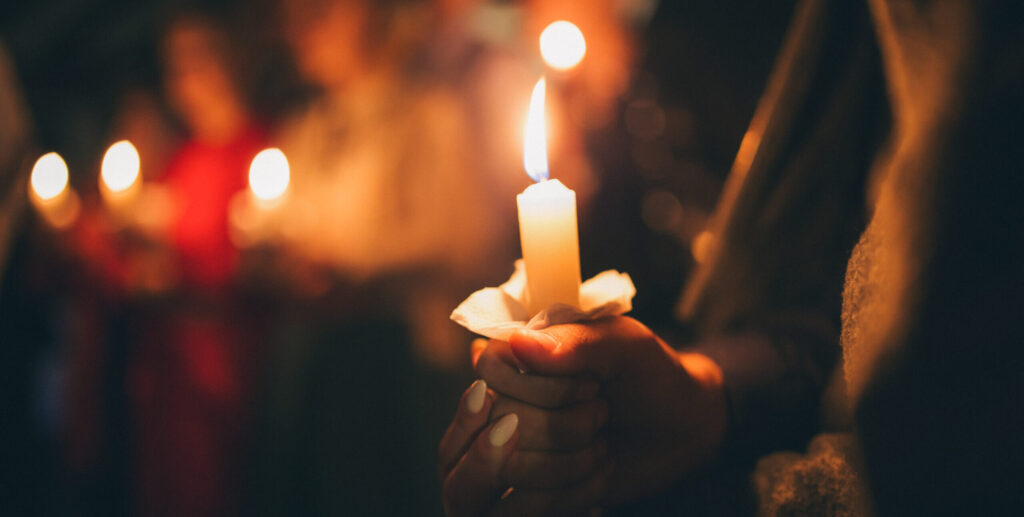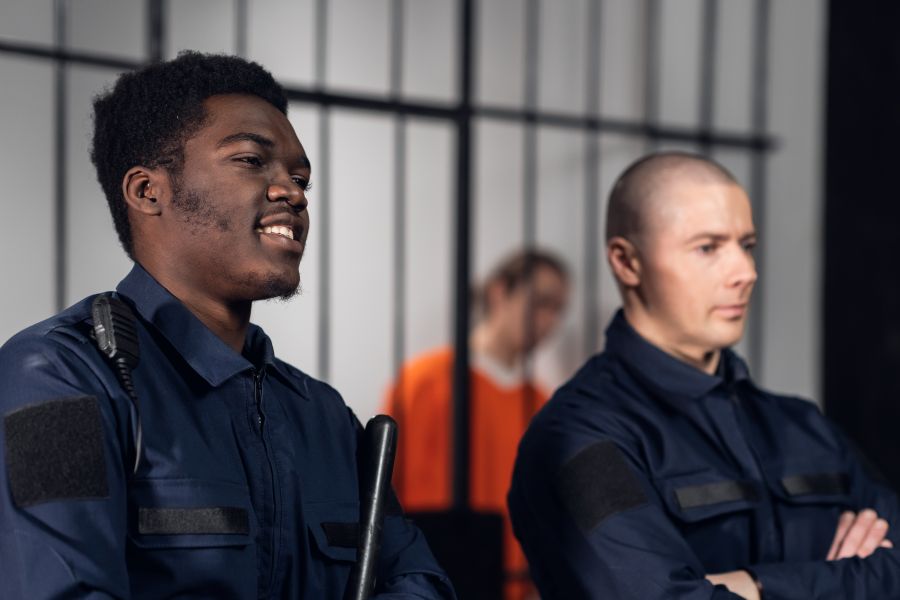
Losing someone you love is never easy. The loss can take a toll on a person’s mental wellbeing as grief and memories flood the mind. Feelings can range from sadness and loneliness to anger, shock and numbness.
The Mental Health First Aid (MHFA) Manual says bereavement, or feelings of sadness and grief that occur with the death of a loved one, is a normal experience. A person may experience emotions similar to depression during this time.
The grieving process is natural and unique to everyone, and bereavement grief has some of the same symptoms as major depression, like intense sadness and withdrawal from daily activities. However, grief and depression are different in important ways — one being the treatments they respond to. And a person may have challenges with both grief and depression.
If intense grief lasts longer than six months and impairs daily habits and functions, it may be a sign of “complicated grief.” Complicated grief affects about 7-10% of bereaved people.
Mental Health First Aiders should be careful as they assess the situation before deciding whether to approach and assist a person experiencing grief. The First Aider can encourage professional help such as seeing a primary care provider, therapist or psychiatrist.
Finding a way to honor a loved one also helps some people process loss and grief. The gesture can be small and personal or more public — whatever feels appropriate.
Here are a few ways people can honor the loss of a loved one:
- Place a memorial bench. Create a bench with a custom plaque bearing the loved one’s name. Consider placing the bench on your own property or, with approval, in a city garden or park.
- Start a scholarship. This is a great way to give back to the community. If your loved one was involved in academia or athletics, awarding a scholarship to a deserving person will keep their legacy alive.
- Do something special on their birthday. A quiet gesture, like lighting a candle, is a beautiful way to remember a loved one.
- Cook their favorite meal. No matter whether it’s enjoyed alone or in a group of family or friends, preparing and enjoying a loved one’s favorite meal can be comforting.
- Write it down. Putting words on paper — whether it’s a song, poem or story — is a powerful way to express feelings.
- Plant a tree. Despite the loss felt by losing a loved one, watching a tree grow and thrive is a lovely reminder that their memory lives on.
- Hold a celebration of life. Consider throwing a party in honor of a loved one! This is a great way to celebrate someone who had a larger-than-life personality.
How you honor a loved one is a personal matter; there’s no right or wrong way to do it. In fact, it can be something you do every year — maybe on their birthday or the anniversary of their death — or just once as a way of finding closure and serving your own mental wellbeing needs.
Sources:
Association for Behavioral and Cognitive Therapies. (n.d.). Complicated Grief.



